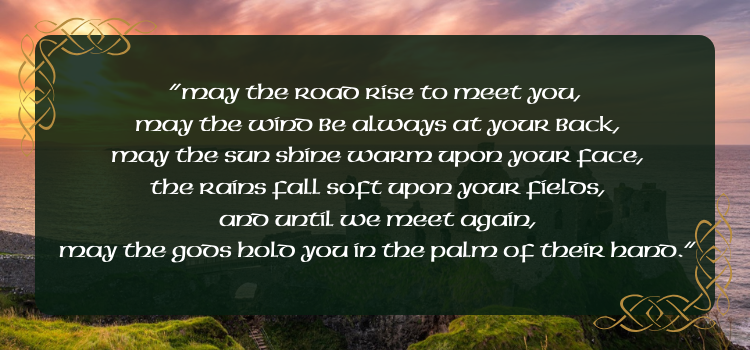
The Enduring Magic of Irish & Celtic Mythology
Share
Celtic mythology has woven its way through literature, storytelling, and culture for centuries, shaping the fantasy genre in ways both subtle and overt. From the heroic cycles of Irish legend to the mystical beings of Scottish folklore, these myths continue to inspire writers and readers alike.
During our weekly discussion, we explored some of the most fascinating elements of Celtic mythology, including the Tuatha Dé Danann, the Otherworld, and the deep connection to nature that runs through these stories. Unlike more rigid mythologies, Celtic myths often embrace fluidity—time bends, morality shifts, and the boundaries between gods and humans blur. This makes them a perfect fit for modern fantasy, where ambiguity and complexity are often celebrated.
One theme that stood out was the reverence for the land and its spirits. The concept of sovereignty, where the land itself chooses its rightful ruler, is an idea that echoes through Arthurian legends and beyond. We also discussed how trickster figures like the Púcas and the Fae serve as cautionary tales, reminding us that not all magic is benevolent.
Of course, representation in modern fantasy remains a topic of discussion. While Celtic mythology has heavily influenced the genre, much of its nuance has been lost in translation—sometimes literally. Many portrayals lean on simplified versions of myths or perpetuate inaccuracies that stem from Victorian romanticism rather than historical sources. If you’re interested in diving deeper, books by authors like Diarmuid Johnson or Morgan Daimler offer insightful, well-researched takes on these rich traditions.
What were your favourite takeaways from this week’s talk? Let us know in the comments!
